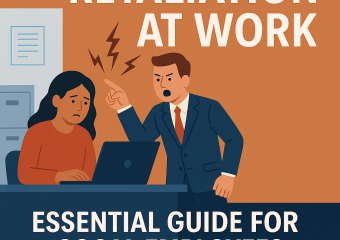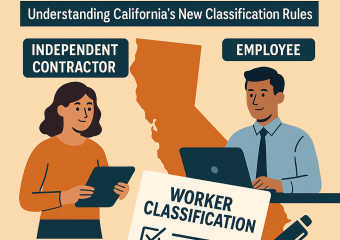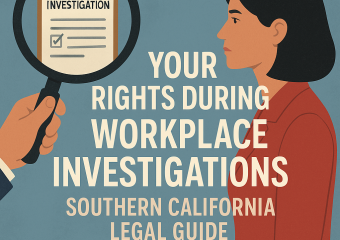Justice Served: Top Stories of Stunning Triumph
From Struggle to Settlement: Stories of Justice Served
Justice served is an integral part of the legal narrative that spans across various contexts and cultures, showcasing not just the power of the law but also the endurance of the human spirit. The journey from struggle to settlement in legal battles often involves enduring hardship and overcoming significant challenges. These stories not only encapsulate the resolution of legal disputes but also highlight profound lessons in resilience and fairness. Here, we delve into some remarkable instances where justice was not just a legal remedy, but a profound resolution that restored faith and balance in the lives of the affected.
The Power of Legal Precedents
One of the first considerations in understanding how justice is served lies in the examination of legal precedents. These are past judicial decisions used to guide courts in settling similar future cases. Precedents ensure that there is consistency and predictability in how the law is applied, thus playing a critical role in achieving fair settlements. For instance, landmark cases in civil rights often become reference points for advocates fighting against discrimination. These cases do not just resolve individual disputes but also set significant legal benchmarks that benefit others in similar situations, thereby serving justice on a broader scale.
Victories in Personal Injury Law
Personal injury cases are prime examples of legal battles that vividly highlight the theme of justice served. Often, these cases involve individuals who have suffered due to negligence or wrongdoing by others. The aim of seeking justice in personal injury cases is twofold—securing compensation for the victim and enforcing personal and public safety measures to prevent future injuries.
For example, consider the case of a worker injured due to unsafe working conditions. The settlement not only compensates the individual for their medical expenses and lost earnings but also forces the employer to implement better safety protocols. This not only serves justice to the injured worker but also improves conditions for future employees.
Justice Served in Environmental Lawsuits
Environmental justice cases are profound in their implications as they not only address the immediate parties in the lawsuit but also impact communities and ecosystems. These cases often arise from the misuse or degradation of natural resources and can set precedence in environmental protection laws. They serve justice by holding accountable those who damage the environment while ensuring remediation and prevention of further harm.
An example of this can be seen in lawsuits against large corporations responsible for oil spills or toxic waste disposal. Settlements in these cases often include significant cleanup efforts and punitive measures intended to deter such practices in the future. Through these actions, justice serves not only the present generation but also safeguards the interests of future generations.
Impacts on Real Estate and Property Disputes
Property and real estate disputes are another area where justice served can be clearly seen. These disputes may involve issues such as boundary disagreements, property damage, or disputes over inheritance rights. Here, justice being served involves the equitable resolution of disputes that respects the rights and interests of all parties involved.
For example, a family dispute over the inheritance of a property might be settled through mediation or court judgment, ensuring that all parties receive their fair share according to the law. This not only resolves the immediate conflict but also prevents potential future disputes.
Conclusion: A Legacy of Fairness
The stories of justice served in various legal arenas highlight the pivotal role that equitable legal resolutions play in maintaining social order and upholding individual rights. Each settlement reached through the justice system adds to a collective legacy of fairness and rationality in legal proceedings. Moreover, these resolutions serve as beacons of hope for those who might find themselves embroiled in legal struggles, reinforcing the belief that justice, though sometimes delayed, is ultimately attainable.
In conclusion, the narrative of justice served is not just about legal victories or monetary compensations. It is about restoring balance, correcting wrongs, and shaping a society where the law protects and empowers everyone equally. These stories encourage us to believe in the system’s capability to mend the breaches and uphold rights, truly encapsulating the essence of justice being rightly served.




